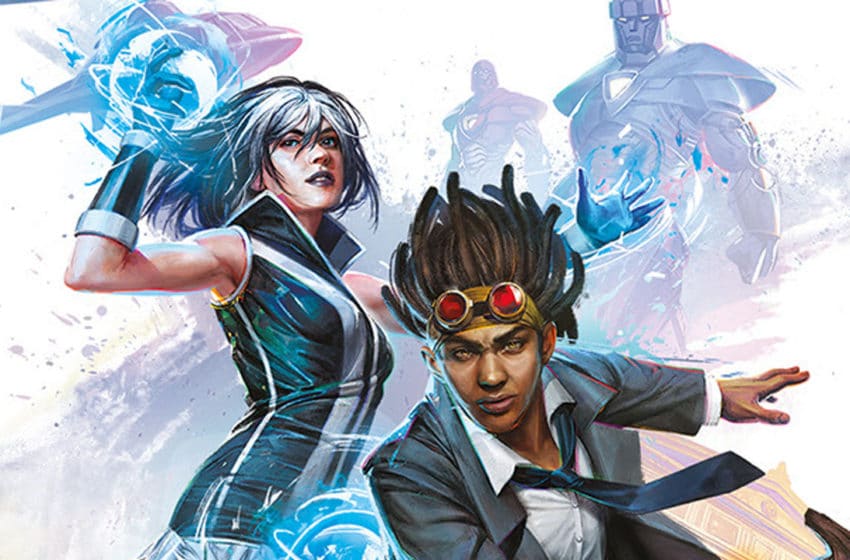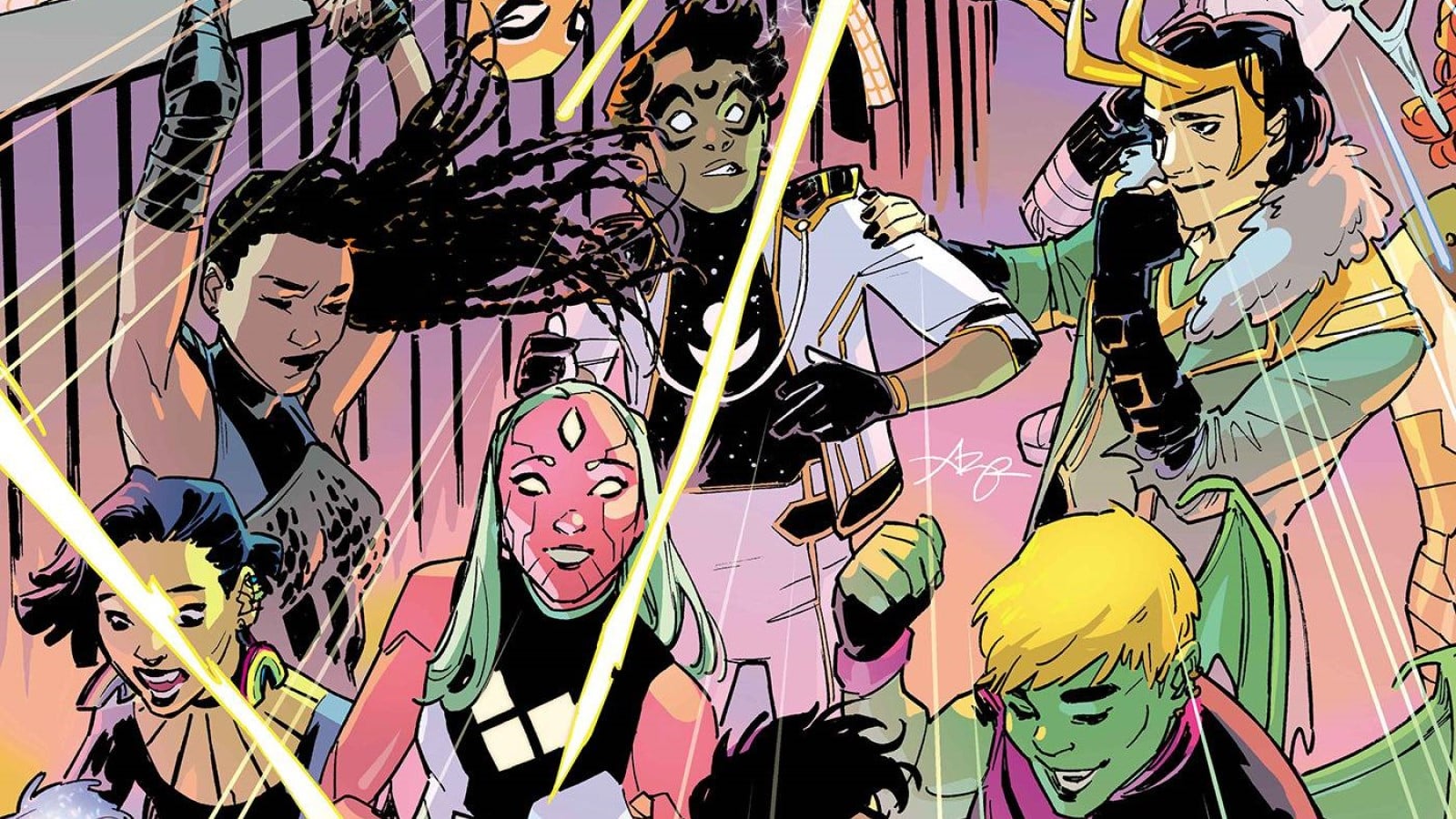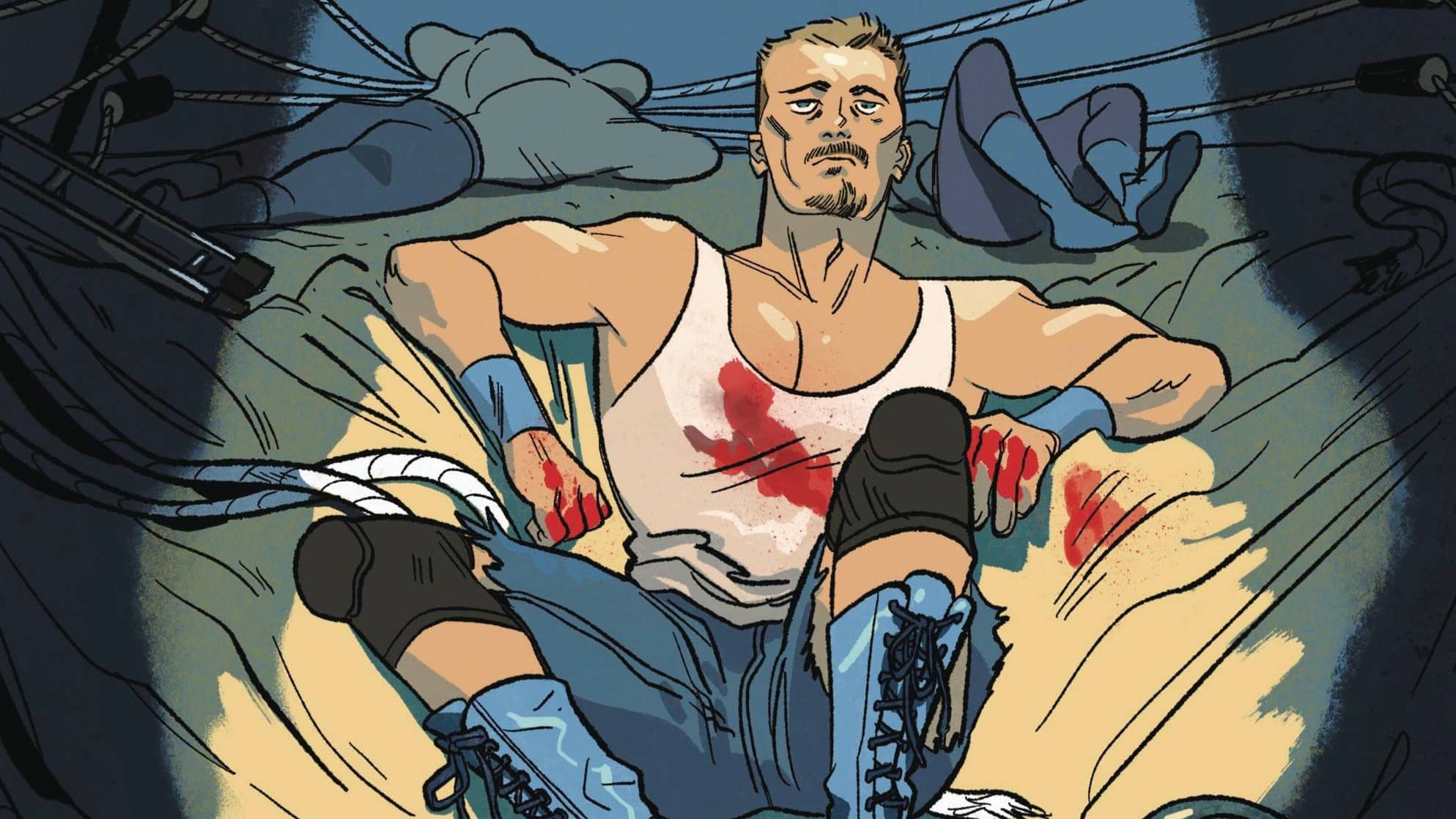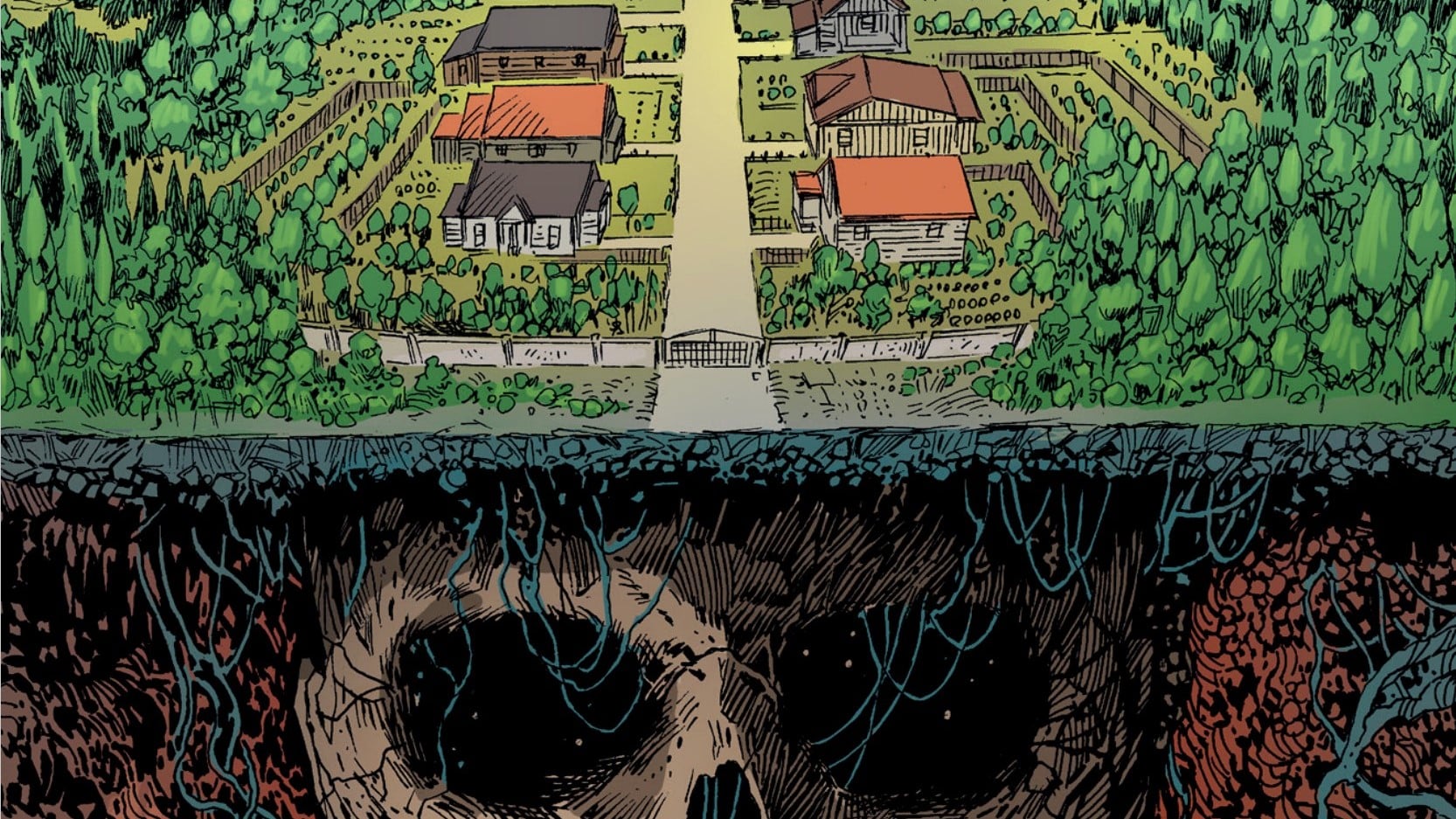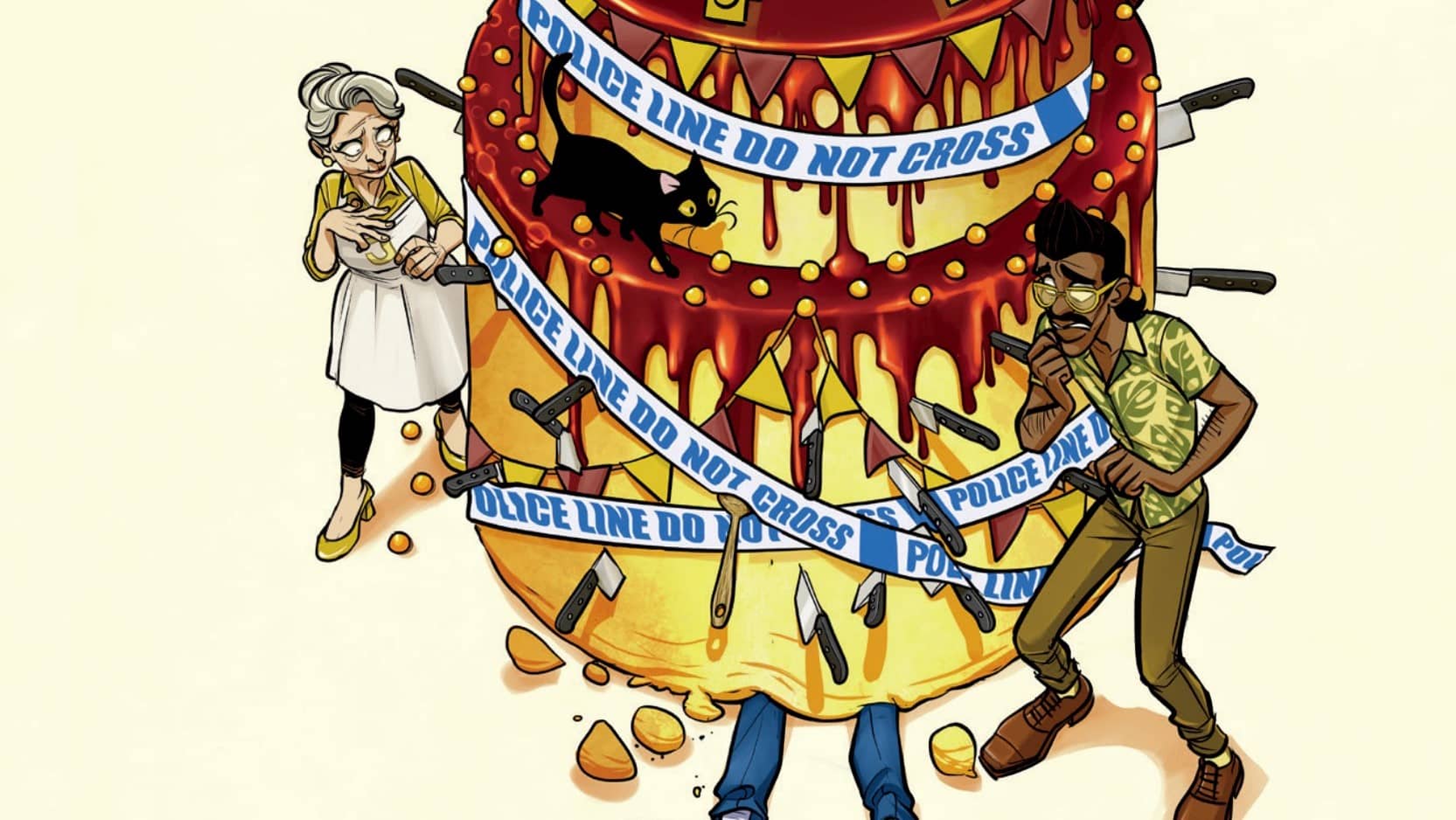What do you want from a novel about superheroes? Maybe just what you would want from a cape comic: clearly drawn characters, able to grow and change, or at least entertainingly quirky; a neat fight or two; quiet moments; a plot with twists; and a world that seems to extend off the edge of the page. You might also want other things it’s easier for novelists than for comics creators to give. Prose novels can offer extended introspection. They can fill in details about a world’s history, or about a physical environment, without making an artist draw them all. They may accommodate long stretches of dialogue. And they can give—as a kind of substitute for the hand of an inker, the eye of a colorist—the full measure of a talented writer’s prose style.
Such novels exist. Written for middle grade readers (but lovable, like its protagonist, by all) the Hales’ Squirrel Meets World adds well-paced high school backstory to the comics’ unbeatable Doreen Green. Marta Acosta’s She-Hulk Diaries brought the author’s skill with adult romance to everyone’s favorite green lawyer’s Manhattan scene. P. D. Hudson’s astonishing Class of ’64–– a politically-savvy alternate-universe origin for the Silver Age X-Men– is a novel-length (and PG-13) work of fanfiction that could have been a widely praised commercially published novel.[Ed. note: linked with author’s permission]
Outside the Marvel multiverse, Austin Grossman’s Soon I Will Be Invincible remains a very funny deconstructive two-perspective tale that deserves way more attention than it received (it’s better than Michael Chabon’s The Adventures of Kavalier and Clay, too). And the many X-Men fans who want trans text, not subtext, need April Daniels’ perfectly-pitched Nemesis series, two books so far. Daniels’ intrepid heroine reflects on the punch she’s about to throw:
“Sometime in the last half-year or so I became the kind of person who can snap bones and rip tendons and feel nothing but satisfaction. But people don’t like to think… about how the person they depend on to fight their battles for them might actually like it, so I don’t talk about it too much. Which is fine. After being in the closet for seven years, keeping my mouth shut about how much I like fighting is easy.”
Nemesis
Amen to that.
Liberty and Justice for All could have found a place on that shelf. Set during Brian Michael Bendis’s 2013-15 run on Uncanny X-Men, and starting at Cyclops’s New Charles Xavier School, the story follows two Bendis creations, the self-doubting, steampunk-loving, African American healer Triage (Christopher Muse) and the time-warping, softball-playing Australian Tempus (Eva Bell). The inexperienced duo take the X-Copter out for a spin and wind up in Chicago, rescuing the infamous Sabretooth from mutant-hunting Sentinels as he tries to steal a mysterious box from the Grace Museum (based on our Earth’s Field Museum). Christopher learns self-confidence, Eva learns how to be on a team, and both learn (what Cyclops could have told them) that Sabretooth is a feisty fighter, an unreliable ally, and a sometimes loyal father to the egregious anti-mutant activist Graydon Creed. A game designer and the author of 16 previous novels, Harris brings a sense of Bendis-era continuity, a comfort with the Creed family, and a sense of pacing for action sequences: things happen one after another, and nobody’s kept waiting long. The story could have made two lovely issues for Uncanny X-Men, ideally with Bachalo art.

But it’s not quite enough for a novel. Part Macguffin hunt, part sequel to one Bendis plot that required Illyana, this set of events could only suffice at this length, in prose, if the novelist had given rich, surprising interior lives to Eva and Christopher. Instead they sound like this:
Unease grew in his belly. If this wasn’t a trap, something must have happened here. From the looks of things, it must have been bad.
Or like this:
At first Eva’s stomach fell, anticipating yet another problem to add to the already full stack of troubles on her shoulders. She knew what happened when people messed around with nature. It rarely ended well. Besides, if it ended up in the wrong hands, the bad guys could do all kinds of awful things with it. They couldn’t afford to let that happen.
The novel feels hastily written, or else under-edited: obvious ideas get spelled out repeatedly, while backstories that could have made a short novel longer, or a sparse one more detailed, are thinly told. Take a look at this section where Eva laments how she:
Spent her entire childhood pining to get away, but right now, all she wanted was to go back to the things she knew and loved. Although she’d outgrown her hometown, it felt good to think of returning there to rest and regroup before she went back out again to do her job.
What things? What hometown? (Canonically it’s Gold Coast.) The main plot’s resolution is one you might see coming from far away. Harris may have aimed for middle grade readers, who do need more spelled out (and want fewer long words): but if that’s the goal the novel is just too long. If it’s meant as YA, or older, there’s editorial failure—it feels more draft than finished book.
That said, Harris shows a gift for comic tableaux, as when “Bob, the undead T-Rex” chases our heroes, or when the Big Bad manifests on Earth… “a few inches tall”. Sabretooth scoffs saying “I don’t take orders from action figures.” Harris has centered a sympathetic Sabretooth, a difficult, much-attempted task in the 1990s. And she did put X-Prose on bookstore shelves. Liberty and Justice for All may be, in several dimensions, a disappointment. But it’s also a good excuse to consider the sometimes spectacular—and still unfolding– genre to which it belongs.
Stephanie Burt is Professor of English at Harvard. Her podcast about superhero role playing games is Team-Up Moves, with Fiona Hopkins; her latest book of poems is We Are Mermaids. Her nose still hurts from that thing with the gate.

